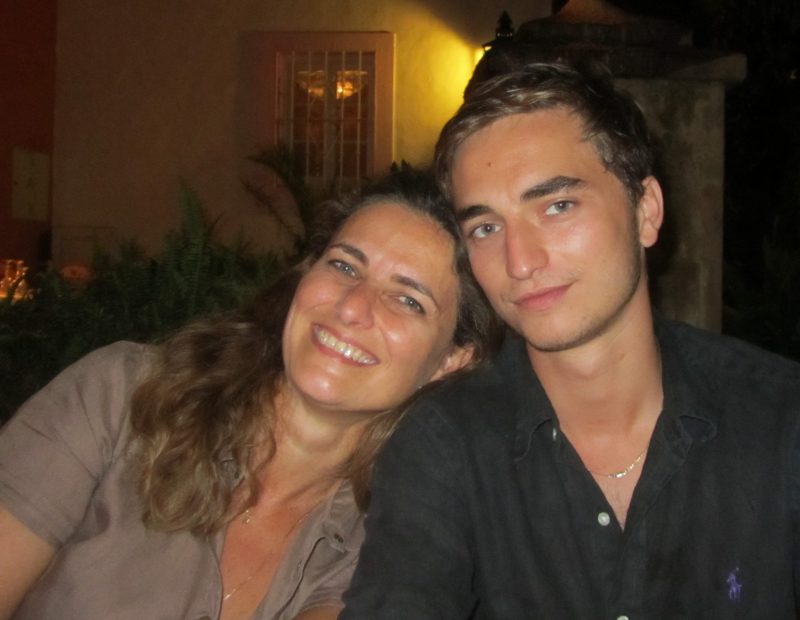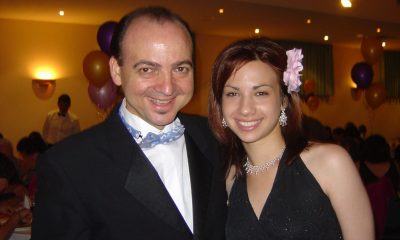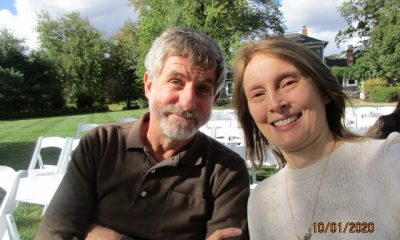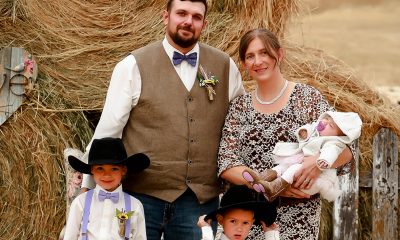by Katja Faber
When my eldest son was brutally killed in December 2014, the emotional pain was indescribable. I was overwhelmed and couldn’t take it in. There was no respite from the anguish, and each breath tore into me like a knife. There are gaps in my memory regarding those times. Perhaps the blackouts are my body’s attempt to protect me.
I could barely function and didn’t comprehend what people said to me. The mere idea of finding meaning in life again seemed an impossibility. I couldn’t imagine a world without Alex, without his infectious smile, sharp wit, and charismatic presence. Crushed by profound grief, I was utterly lost as to how to survive this torrent of illimitable sorrow.
What did the future look like without my child? Would I ever be able to engage in life again knowing he was dead? Did I even want to try? Did I care?
The shock of losing Alex to homicide, of slowly comprehending how terrifying his last moments alive had been, rendered me numb. I would stare out of the window for hours, feeling nothing yet doubled-up in agony, my reality a nightmarish dream. When I finally learned the gruesome details of the violence inflicted upon him and the multitude of injuries that he suffered, I knew I would never be the same again.
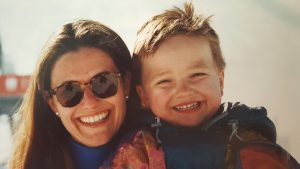
The feeling of loss was and continues to be so great that it’s visceral but now, somehow it’s softened. In the first years, with the grief would come waves of panic at not being able to hold Alex again. I was tormented at the thought of what he’d endured in his final moments. I played it out in my mind a million times.
It’s no surprise that I was diagnosed with PTSD and dangerously high blood pressure. And as co-victims, my family and I faced the added challenge of navigating a judicial system ill-equipped to deal with us. We sat in court through trials and appeals, subjected to descriptions of the crime scene and Alex’s injuries, the impassive pleadings of lawyers, and the lies of the defendant. It was deeply re-traumatizing.
My desire for justice became so intertwined with my need to save Alex that it became one and the same thing. I was Alex’s champion, and woe betides those who tried to stop me from protecting my child. My scorched neurons reasoned that because I hadn’t been there to save him the night he was killed, I would fight for him in death. I would defend him against false accusations and defamation. I would be his voice and do all I could to ensure his killer was jailed. This focus gave me purpose and, in part, helped me to carry the weight of grief. It motivated me to keep going in the darkest of moments. Against all the odds, after 7.5 years of legal struggle, the killer was found guilty of intentional homicide.
In life, I had loved Alex with all my being. In death, I was consumed with a love for him that was just as strong. For me, staying connected to my emotions was essential to my well-being. I sensed that my grief was a completely natural, adaptive response to my cataclysmic loss. Instinctively, I choose to stay with my distressing, raw feelings and to meet myself exactly where I was at.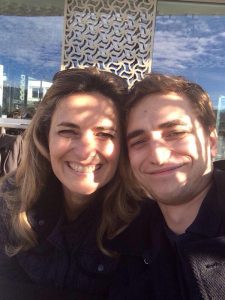
Often, people tried to cheer me up or distract me, which made me feel worse. Not to grieve my son’s death as fully as possible felt a total dereliction of my humanity. I needed to be with my sadness and sorrow. This, inevitably, lost me some friends, though thankfully, many remained and stood by me over the course of the years.
Seeing as no one close to me understood what I was going through, I turned to nature. Here was my chosen companion, my therapist, my confessor. I sought the tranquillity of the outdoors and the gentle company of my dogs and cats. I worked outside, digging, planting, and harvesting vegetables and fruits as I screamed, cried, and punched the earth. No matter the weather, I spent time in the forest, meditated, swam, and learned to breathe properly again. My dogs would lie at my feet and wag their tails, the cats would bounce about, and I would smile, cry, or do both.
I came to understand that I could hold space for my grief and also try to find my way to a new life even if it felt very different from my last one. As the months turned into years, I learned that my trauma could reside and move within me without negating the value and joy of new experiences, however brief and fleeting.
Missing Alex was a constant, and it hurt dreadfully but I kept trying, over and over again, to engage in life. I began to read books, play music, and travel, all the while experiencing deep grief. It felt as if I was inhabiting a parallel world, and in many ways it still does. There was no black or white, no all or nothing. My love for Alex was everything and filled my heart, and yet he was physically gone and no more — both were truths that co-existed, and I didn’t have to choose one over the other.
 Looking back, I am certain that it was the outdoors that helped me to journey through the devastation of Alex’s death to a place of acceptance. Research consistently shows that interaction with nature can enhance various aspects of mental health and improve healing. This is even the case when all we have is a window through which we see greenery.
Looking back, I am certain that it was the outdoors that helped me to journey through the devastation of Alex’s death to a place of acceptance. Research consistently shows that interaction with nature can enhance various aspects of mental health and improve healing. This is even the case when all we have is a window through which we see greenery.
By losing myself in my natural surroundings, I learned to hold my grief, cradle all my emotions, and develop a deep sense of self-compassion for what had been done to my heart, my child, and my family. This in turn helped me to be fully present and support my still-living children, and eventually help others through writing articles about traumatic loss.
There will never come a day when I’m over my grief. I shall never recover from Alex’s death, and neither would I want to. It’s my unconditional love for him that helps me get up in the morning and face the day. I’ve accepted that learning to live again following the homicide of my child is a lifetime’s work. And because nothing is a given, all I can do is try, one day at a time.
For more information about Katja, you can check out her website.
Support us by driving awareness!
Subscribe to our YouTube channel at YouTube.com/GrapGrief.
Follow us on Facebook at Facebook.com/GrapGrief and on Instagram at Instagram.com/GrapGrief.




